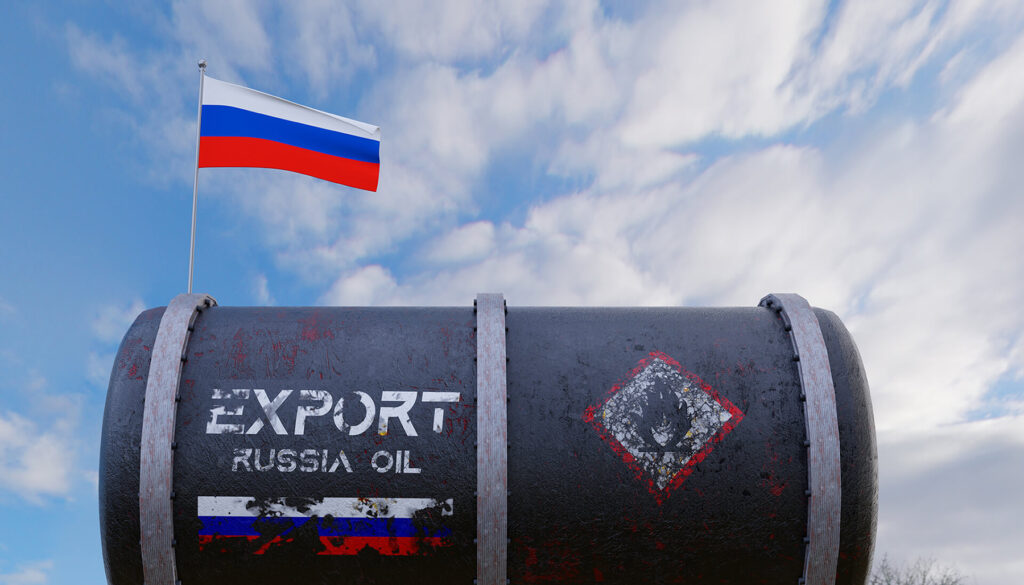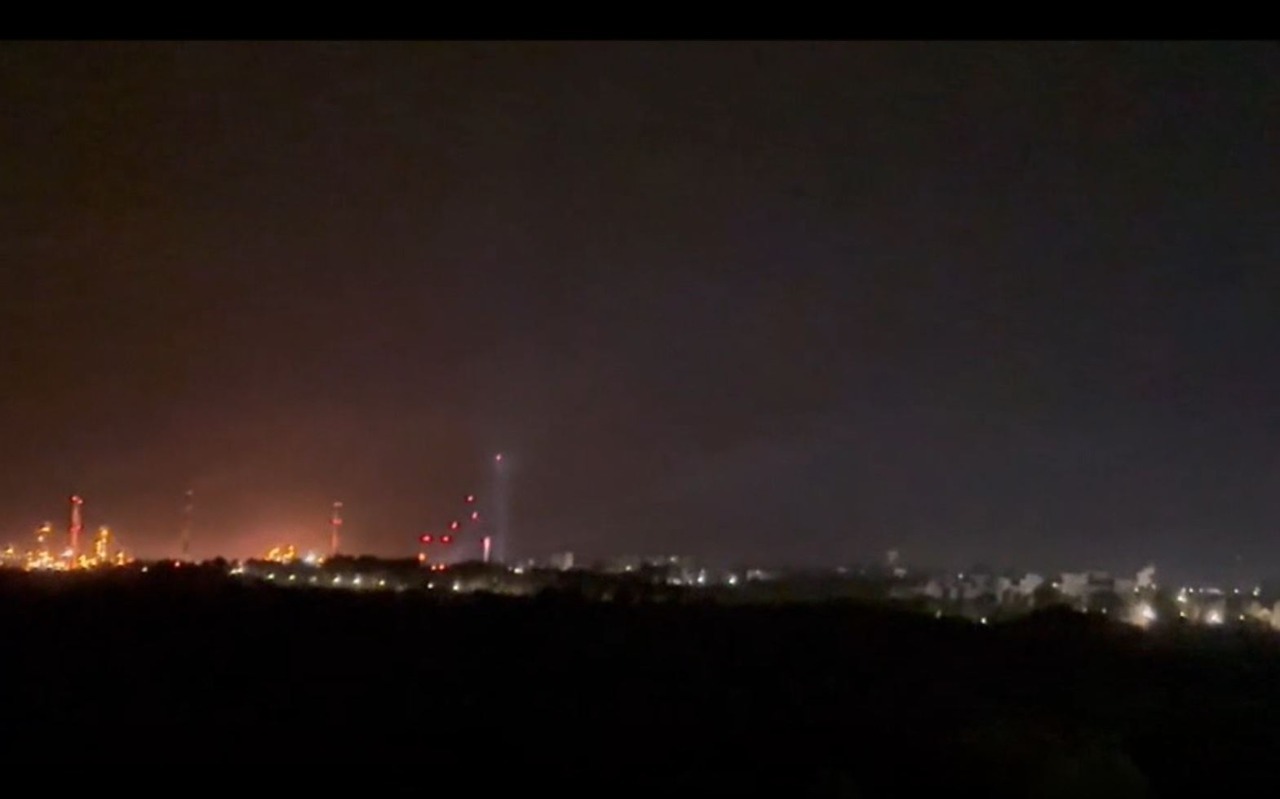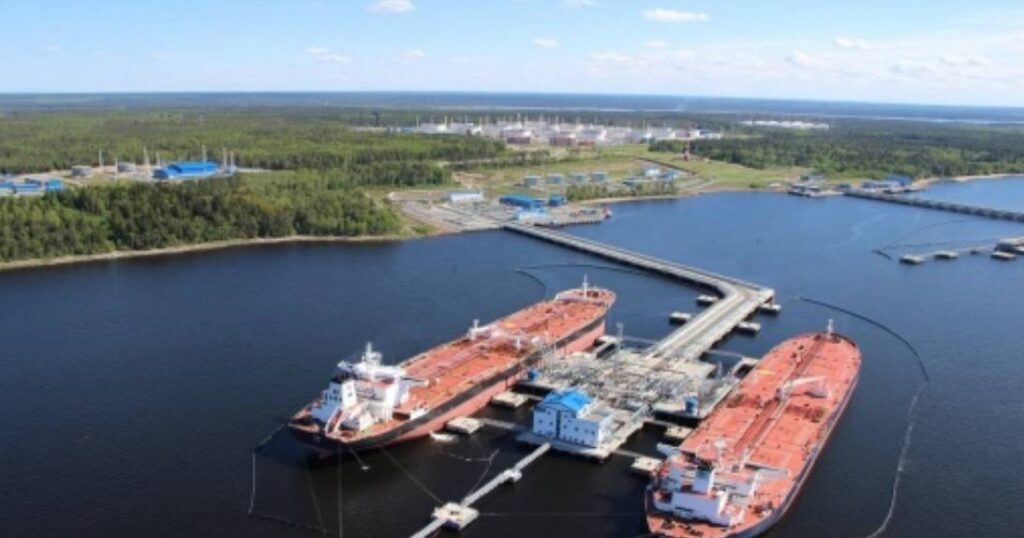Russian crypto, banks, and oil trade hit in EU’s proposed 19th sanctions package
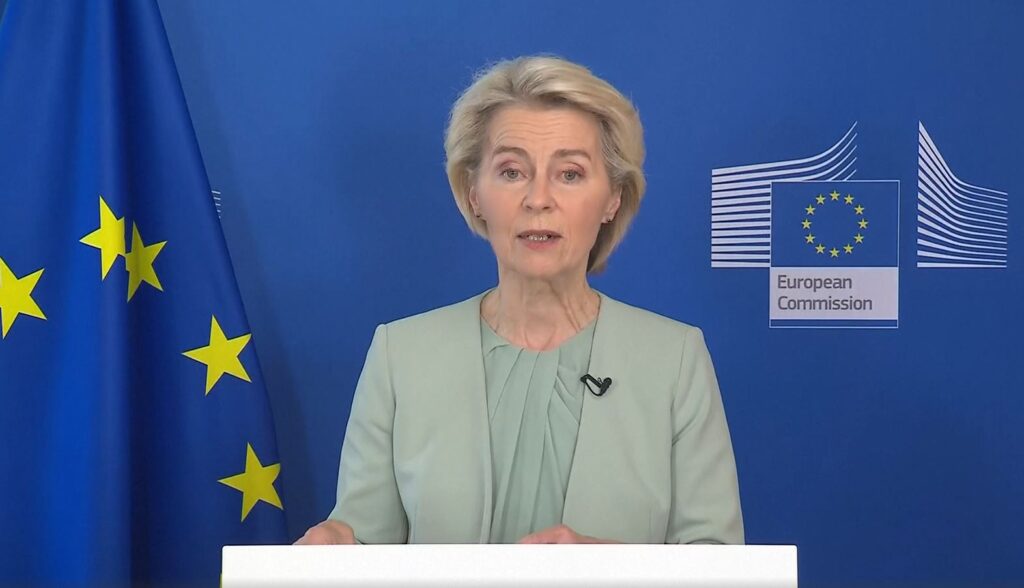
European Commission President Ursula von der Leyen has presented the EU’s proposed 19th package of sanctions against Russia, focusing on energy, finance, and military-linked technology. The measures must still be adopted unanimously by EU member states.
Energy: “It is time to turn off the tap”
According to the European Commission, von der Leyen announced a full ban on Russian liquefied natural gas imports.
“Russia’s war economy is sustained by revenues from fossil fuels,” she said.
Rosneft and Gazpromneft would face full transaction bans, and 118 new vessels from Russia’s shadow fleet would be blacklisted.
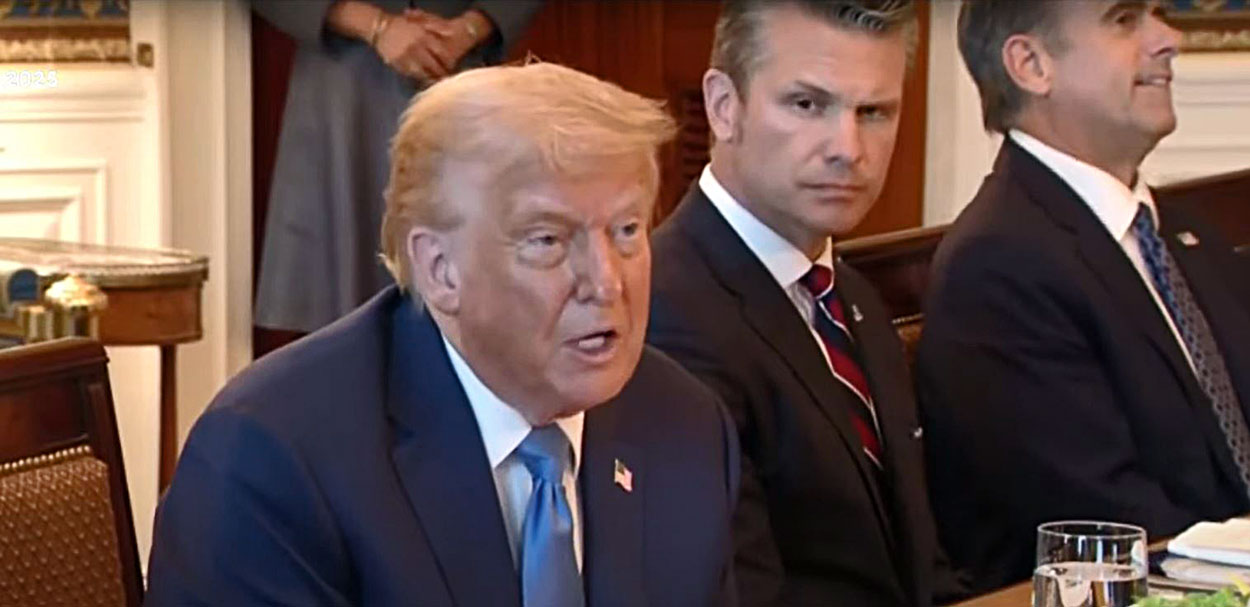
WSJ: EU sees a trap in Trump’s Russia demands for Europe — and some fear it’s meant to fail on purpose
The package also includes penalties on oil buyers in third countries, including China.
“We are now going after those who fuel Russia’s war by purchasing oil in breach of the sanctions,” she stated.
Finance: crypto and banks under new restrictions
The EU would impose a transaction ban on more Russian banks and banks in third countries. For the first time, crypto platforms would be sanctioned. Transactions in cryptocurrencies and with entities in special economic zones would be restricted.
Military tech and indoctrination networks targeted
The proposal includes new export bans on items used on the battlefield, and sanctions on 45 companies supporting Russia’s military-industrial complex. Individuals involved in the indoctrination of abducted Ukrainian children would also be sanctioned.
Economy under pressure
“Our economic analysis is clear – our sanctions are severely affecting Russia’s economy,” von der Leyen said. She pointed to a 17% interest rate and high inflation. “Among the first Russian requests is, sanctions relief.”
Using frozen assets to fund Ukraine
Von der Leyen said the EU is preparing a plan to use cash tied to immobilized Russian assets to fund a Reparations Loan for Ukraine.
“Ukraine will only pay back the loan once Russia pays reparations,” she said.
Coordination and call to action
The sanctions will align with G7 measures under Canada’s presidency.
“We want Russia to leave the battlefield and come to the negotiating table,” von der Leyen said. “This is the way to give peace a real chance.”
